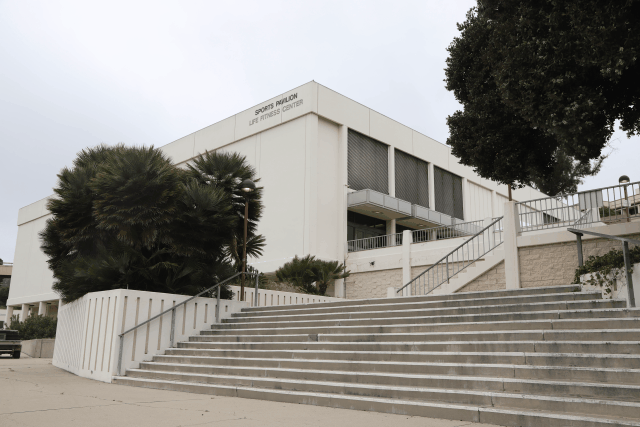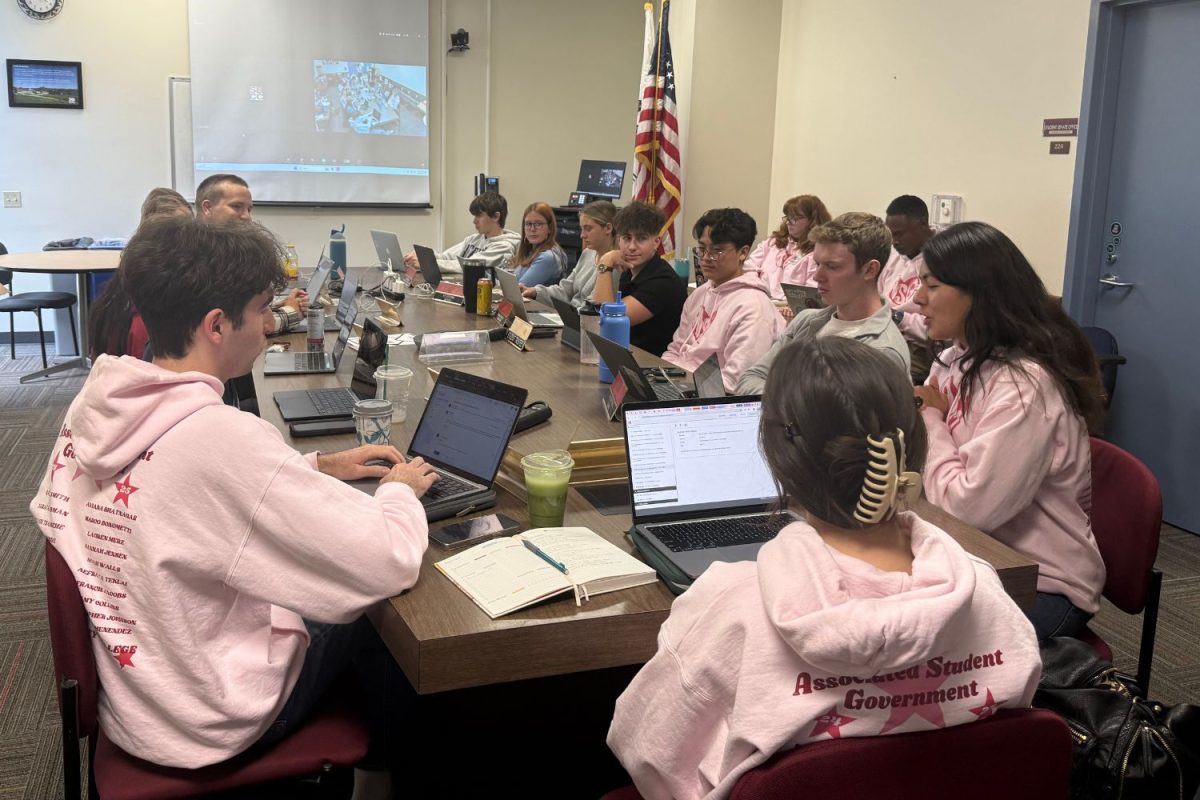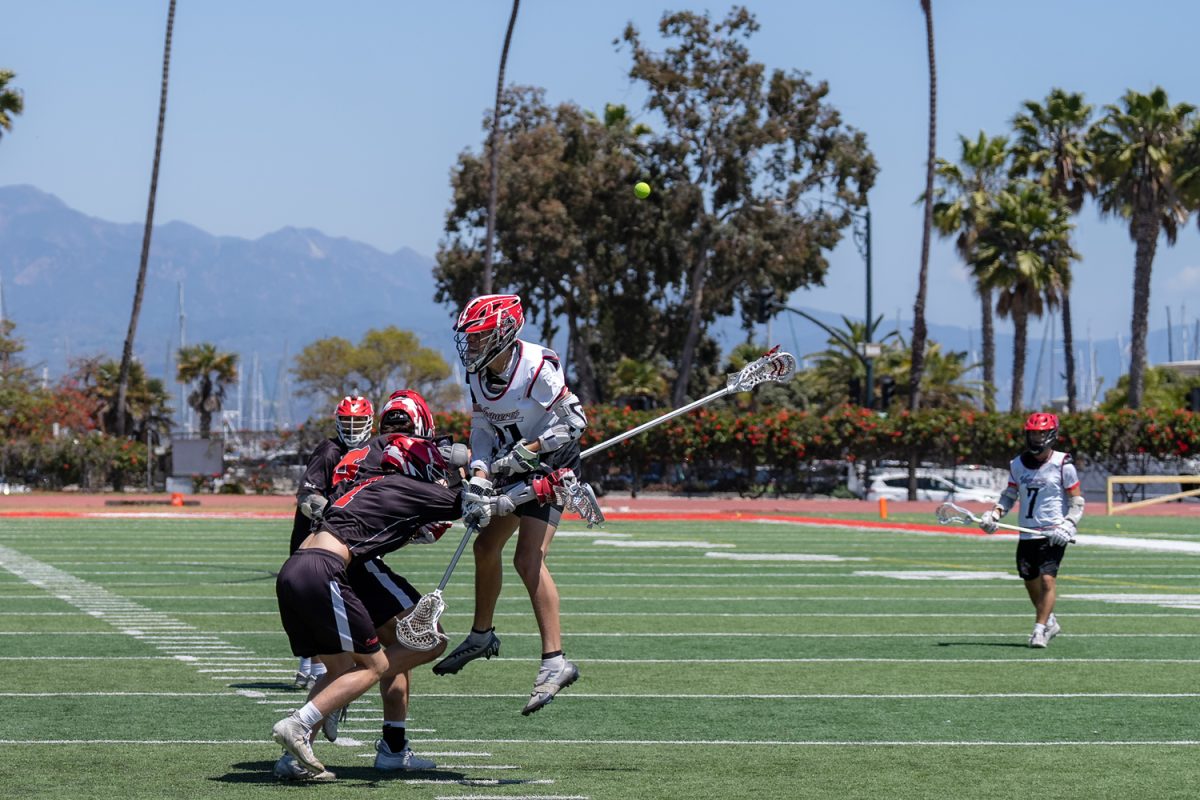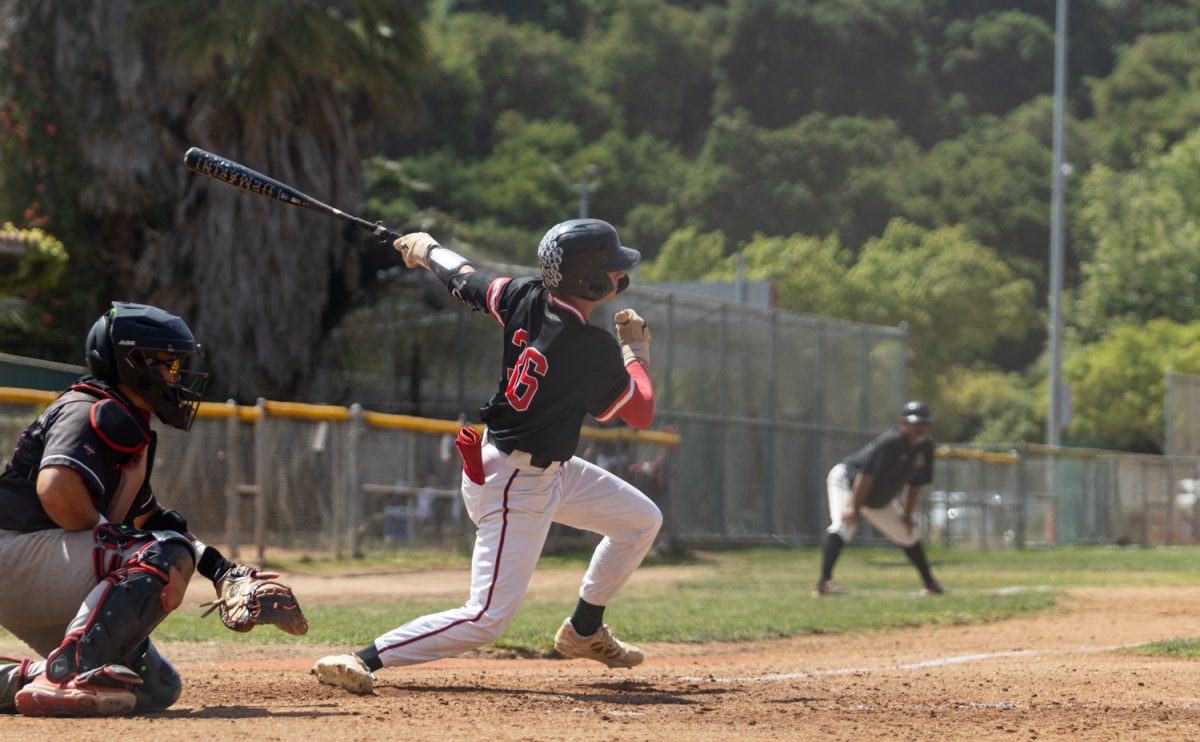Following threats to pursue legal action against The Channels, Professor Raeanne Napoleon, and City College as a whole, Dr. Michael Shermer announced in an email Saturday that he was dropping his case.
“Although we have an excellent case that I was defamed, it is not worth the time and cost pursuing legal recourse for what is (hopefully) an inconsequential incident,” Shermer wrote in his final letter regarding the matter. The letter was circulated on campus email by instructor Mark McIntire.
In the letter, Shermer brought up his original objection to The Channels publishing a quotation by Napoleon in which Napoleon implied that police had investigated Shermer for sexual assault. Shermer maintained that this was inaccurate.
He wrote that he “asked her and the newspaper privately to please retract [the quotation] because it isn’t true.”
In an interview, Channels reporter Daniel Wallace, who wrote the article in question, countered that Shermer never asked for that statement to be retracted. Instead, he repeatedly asked that the article be “taken down” in its entirety.
“My distinct impression from all communications of Mr. Shermer’s emails was that he would only be satisfied with nothing less than a full takedown of the article,” Wallace said. “If that’s not true, I would be open to hearing from him.”
On March 19, the day that Shermer was set to speak in the Garvin Theatre as part of the faculty colloquium series, Napoleon sent out an all-campus email informing the campus about published sexual assault allegations against Shermer. In general, only employees that work 20 hours or more per week receive all-campus emails.
The email caused a chain reaction of replies among many of the recipients, which quickly developed into some backlash against Shermer’s talk.
At this point The Channels decided to cover the email reactions in a separate story about Shermer, as coverage for Shermer’s talk had already been planned two weeks before. Wallace interviewed Napoleon for the article, published the same day, and used the following quotation from Napoleon:
“When it’s multiple women coming forward with similar stories, I think that’s something that needs to be paid attention to,” she said. “If this was one woman saying this, I would be more skeptical and hesitant to share it with others. But because it’s multiple women, I think it’s something to pay attention to.”
In a letter sent out via all-campus email on March 21, Shermer called Wallace’s article “libelous” and “defamatory.” In this letter, Shermer threatened to sue The Channels and City College if the article was not taken down entirely. He also threatened Napoleon with a lawsuit if she did not agree to publicly retract her statement and apologize via the all-campus email system.
In his letter, Shermer listed two main grievances with Wallace’s article. The first was that Wallace had never reached out to him to give Shermer a chance to defend himself against the accusations before the article was published.
The second grievance was with a quotation from Napoleon published in the article that read: “Although the police did not bring formal charges against him, there have been many witnesses that have publicly corroborated the stories of the victims.”
Shermer charged that this quote was misleading because he has never been under police investigation, which the quote implies.
“Instead of trying to determine the truth about me, the motive of Mr. Wallace and Dr. Napoleon was to personally harm me,” Shermer wrote. “The point was to get you all to boycott my talk as well as believe these lies about me.”
The Channels decided not to take down the article because the editorial board agreed that it was not libelous. The student editors agreed that the focus of the article was to capture the reaction of the college’s faculty and staff to the allegations, but not to prove nor disprove them.
“The first communication we received from Mr. Shermer was an all campus-email accompanied by legal threats,” Wallace said. “I took that as intimidation, bullying even. I do not respond well to intimidation and bullying.”
Throughout the ordeal, Channels editors were told by the college’s attorney, as well as by a pro-bono attorney from the California Newspaper Publishers Association, that they did not have to agree to Shermer’s demands. The lawyers agreed that The Channels article was not libelous.
Shermer followed through with the legal threats and on March 26, The Channels received a Cease and Desist from Shermer’s lawyer, Timothy L. Neufeld.
The letter was addressed to Wallace and Superintendent-President Anthony Beebe and requested once again that the article be taken down, but this time with a private written apology and written assurances that they would comply by 5 p.m. on April 2.
The Channels maintained its position that the article was not libelous, and again decided to ignore the request to remove it from the website. The editors agreed at this point, however, to postpone publishing any more articles related to Shermer.
“It seemed apparent that there was no case of libel here,” said Aidan Anderson, the Editor-in-Chief of The Channels. “Because of that, we didn’t feel it was necessary to respond to the letter at all, let alone fulfill the demands.”
On April 4, Shermer sent a second Cease and Desist to Wallace and Beebe, listing the same demands, but with an extended deadline of 5 p.m. April 12. This time, Anderson responded to the lawyer via email on behalf of Wallace and The Channels.
He wrote that The Channels would not take down the article, and instead invited Shermer to submit a Letter to the Editor. In that letter—which The Channels would publish—Shermer could outline his objections with the article. Shermer never responded.
Editor’s Note: Daniel Wallace, one of the targets of Shermer’s legal threats, was not involved in the reporting, writing or editing of this story.












![Ken Watts uses the cable chest press machine on April 9 in Santa Barbara, Calif. "[What] people value the most in personal training is accountability," Watts said.](https://www.thechannels.org/wp-content/uploads/2025/04/MGSWatts-3-1200x800.jpg)
